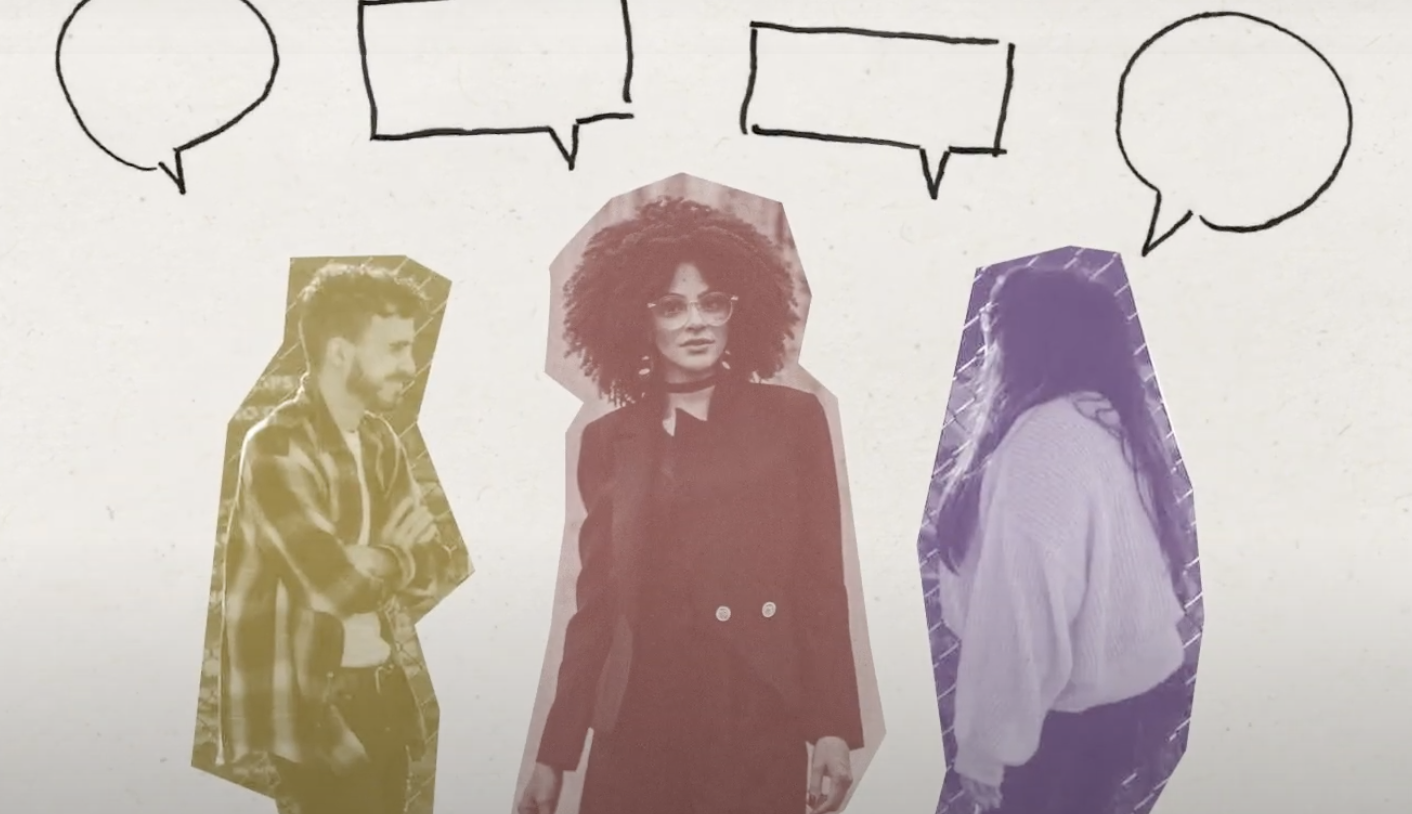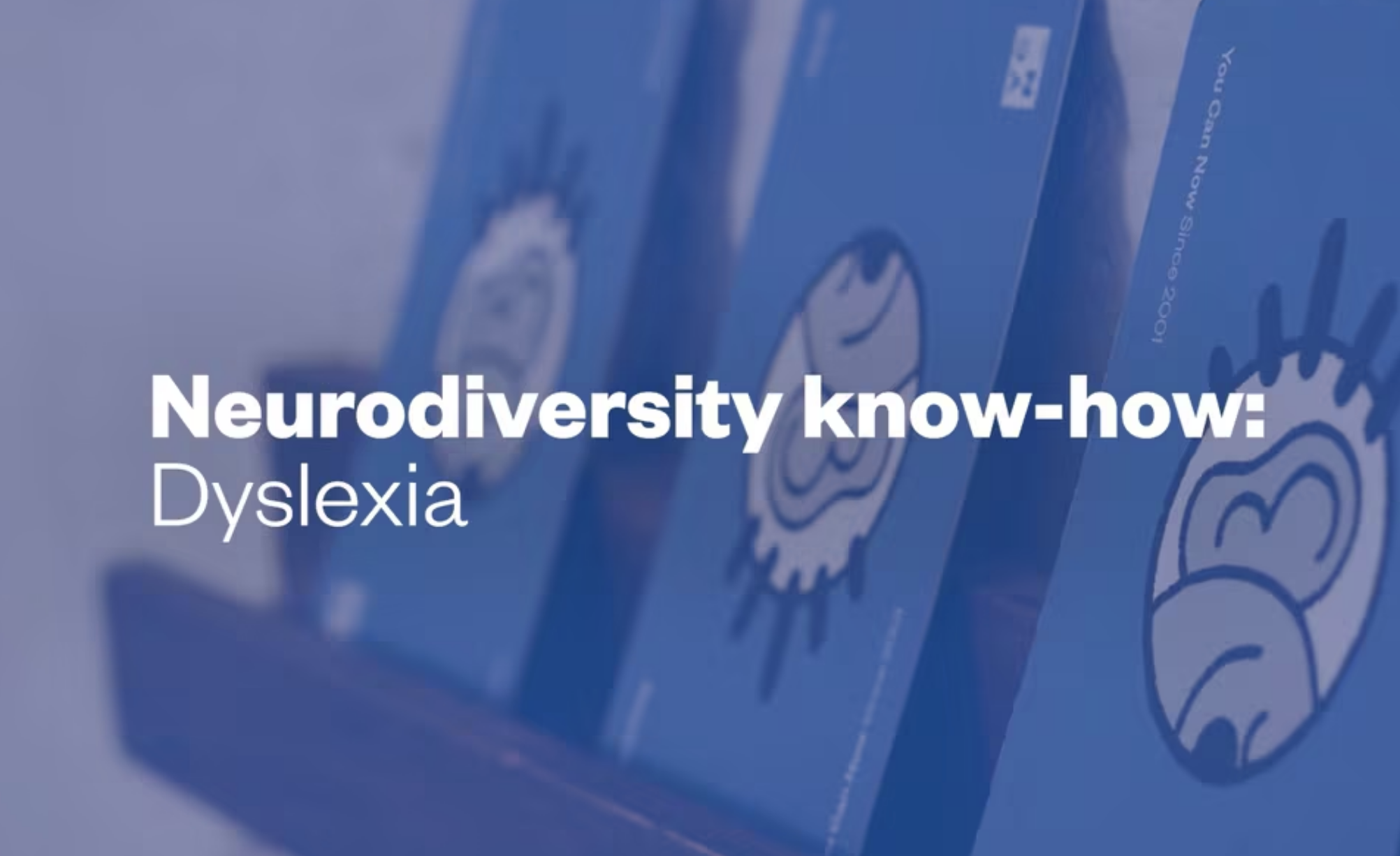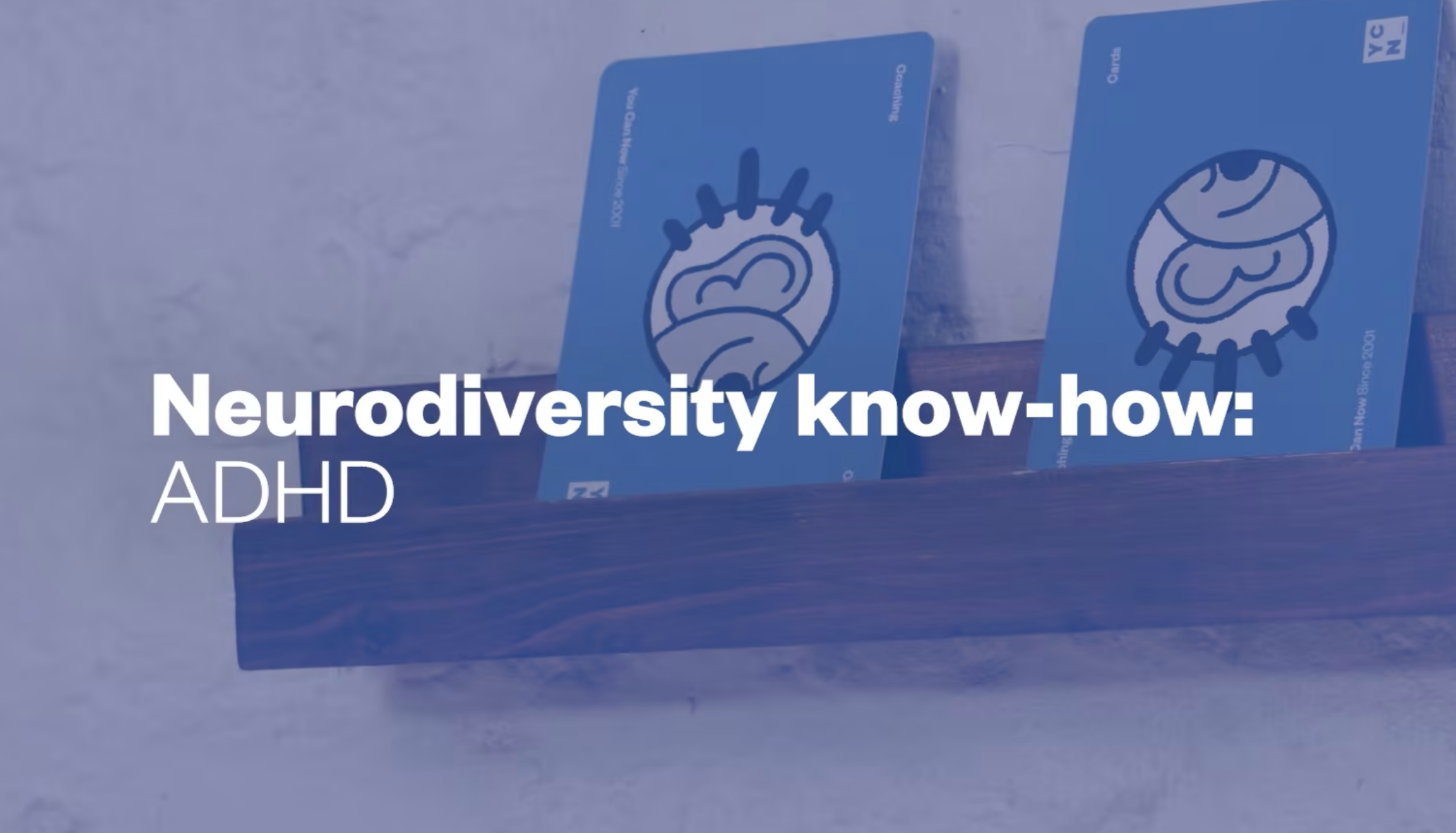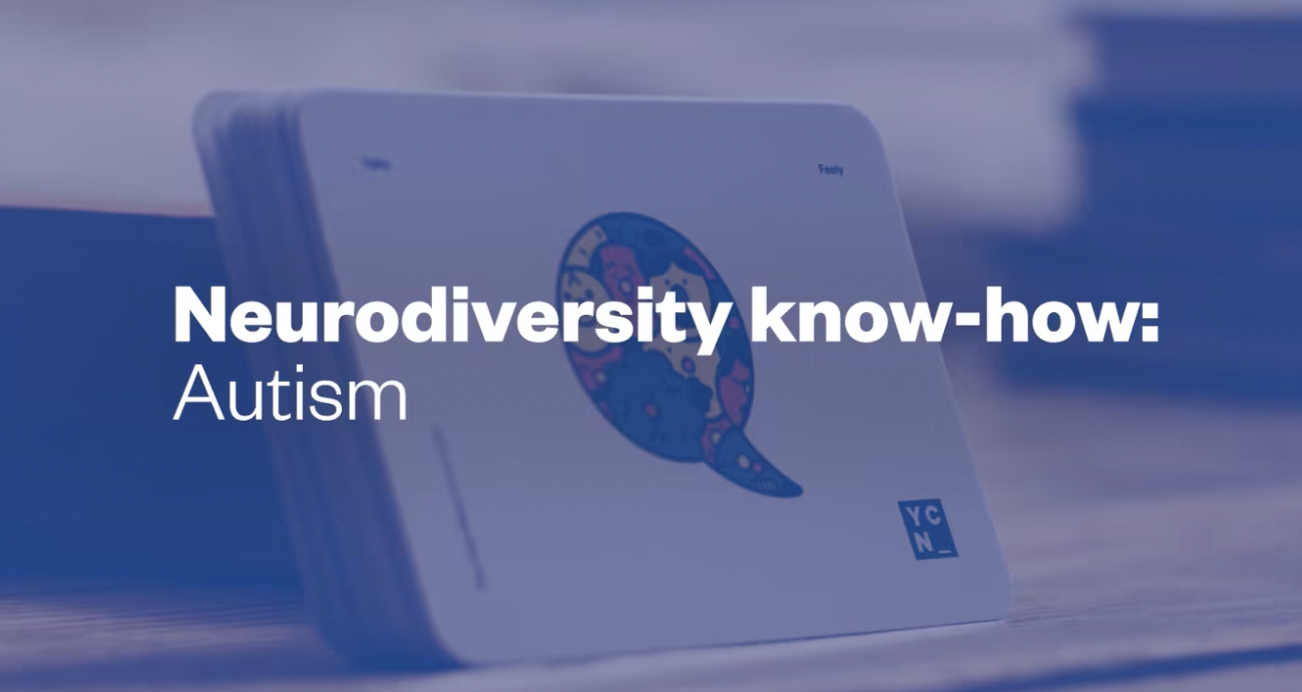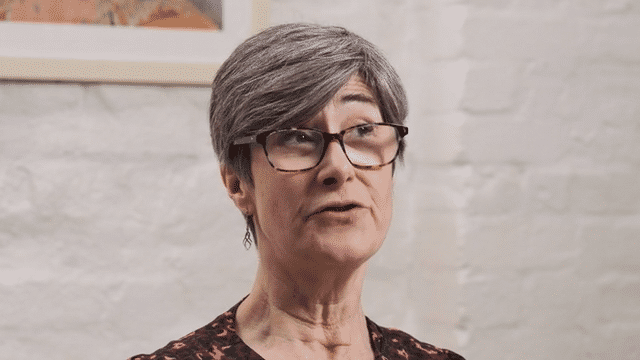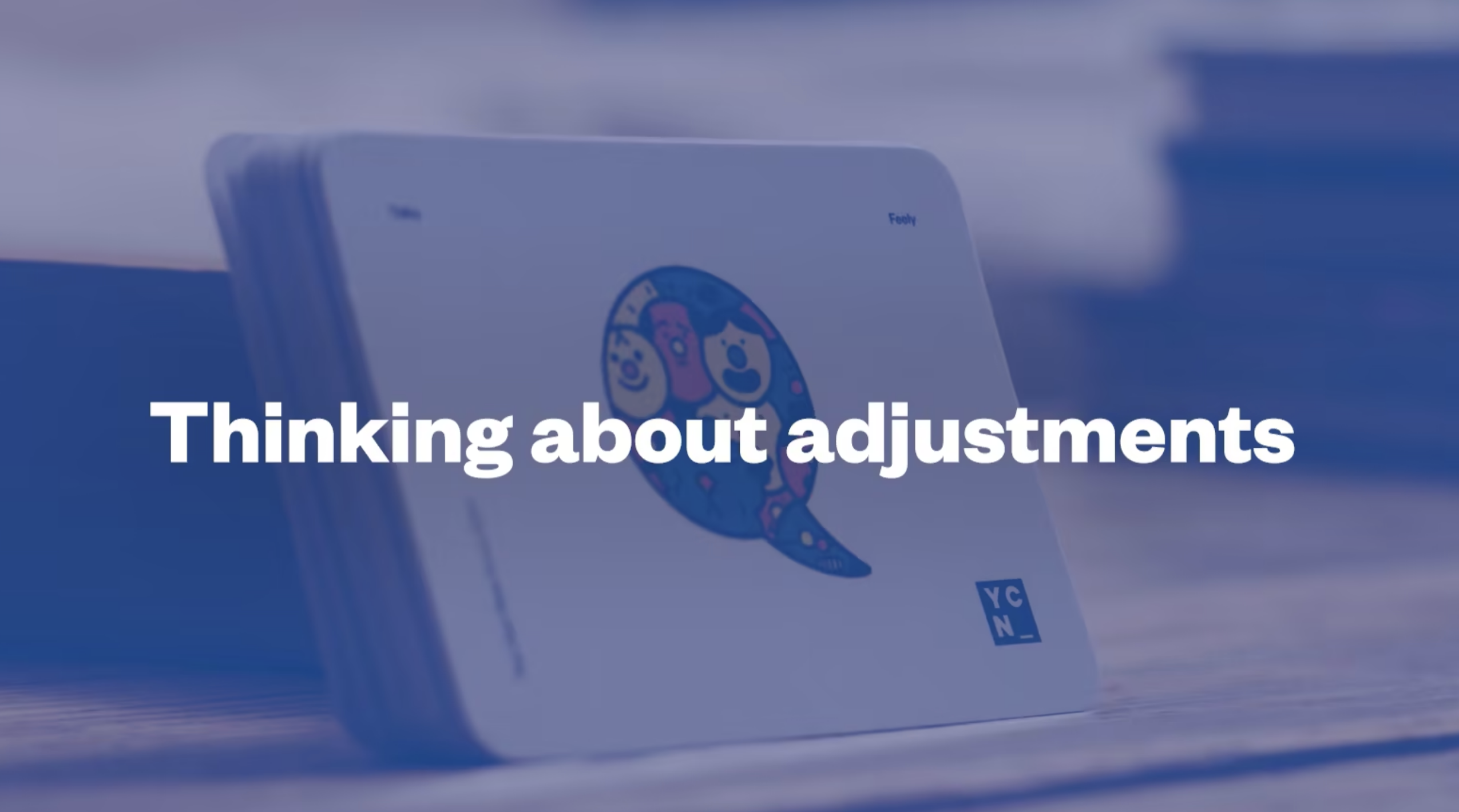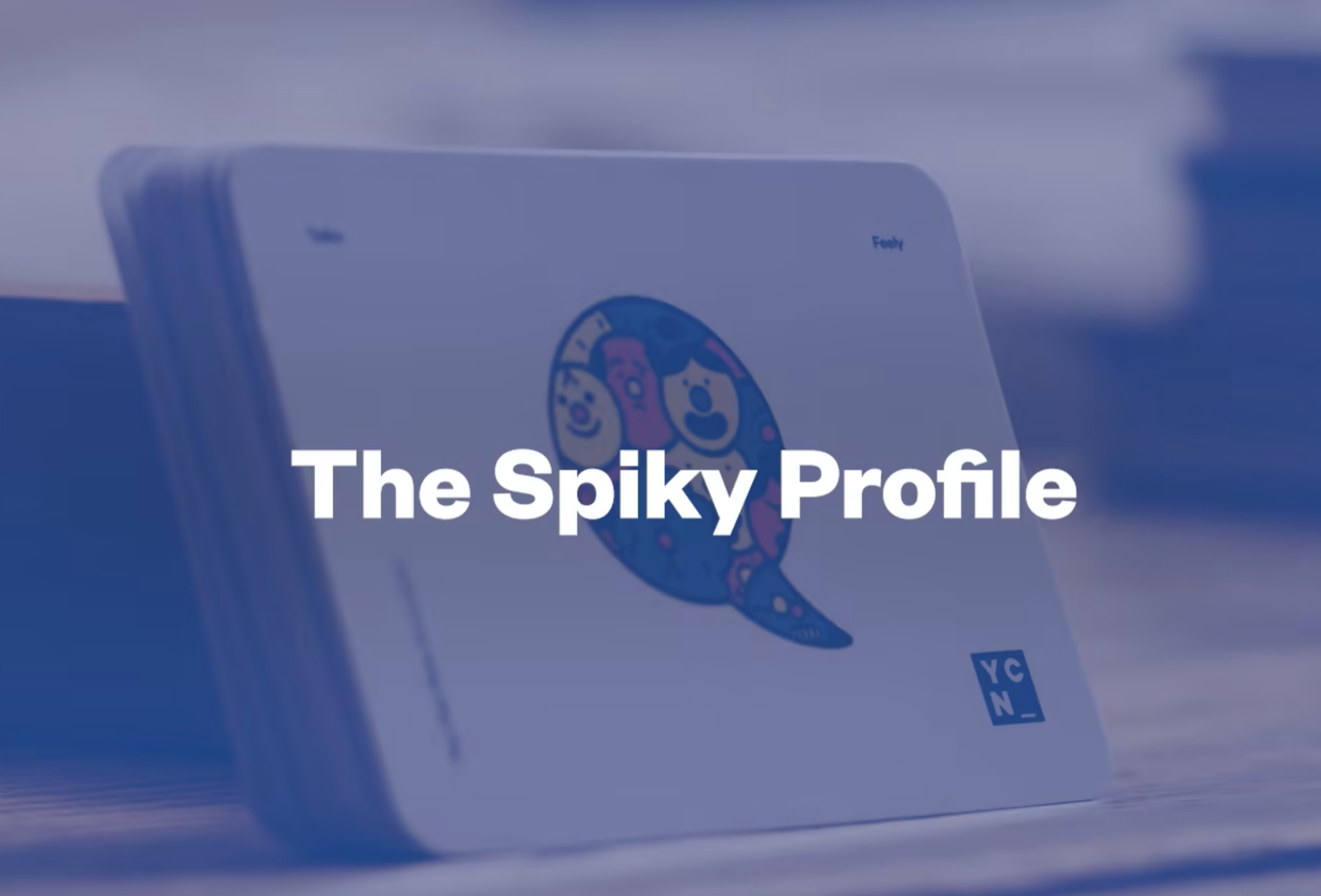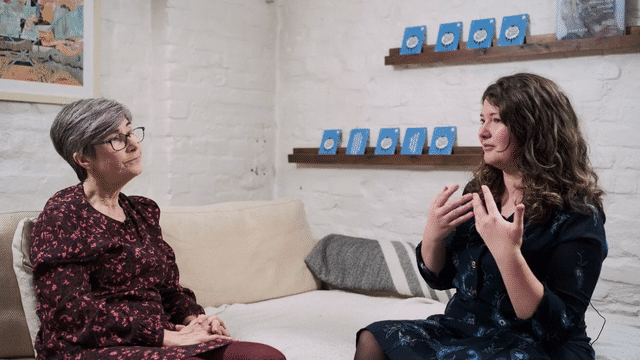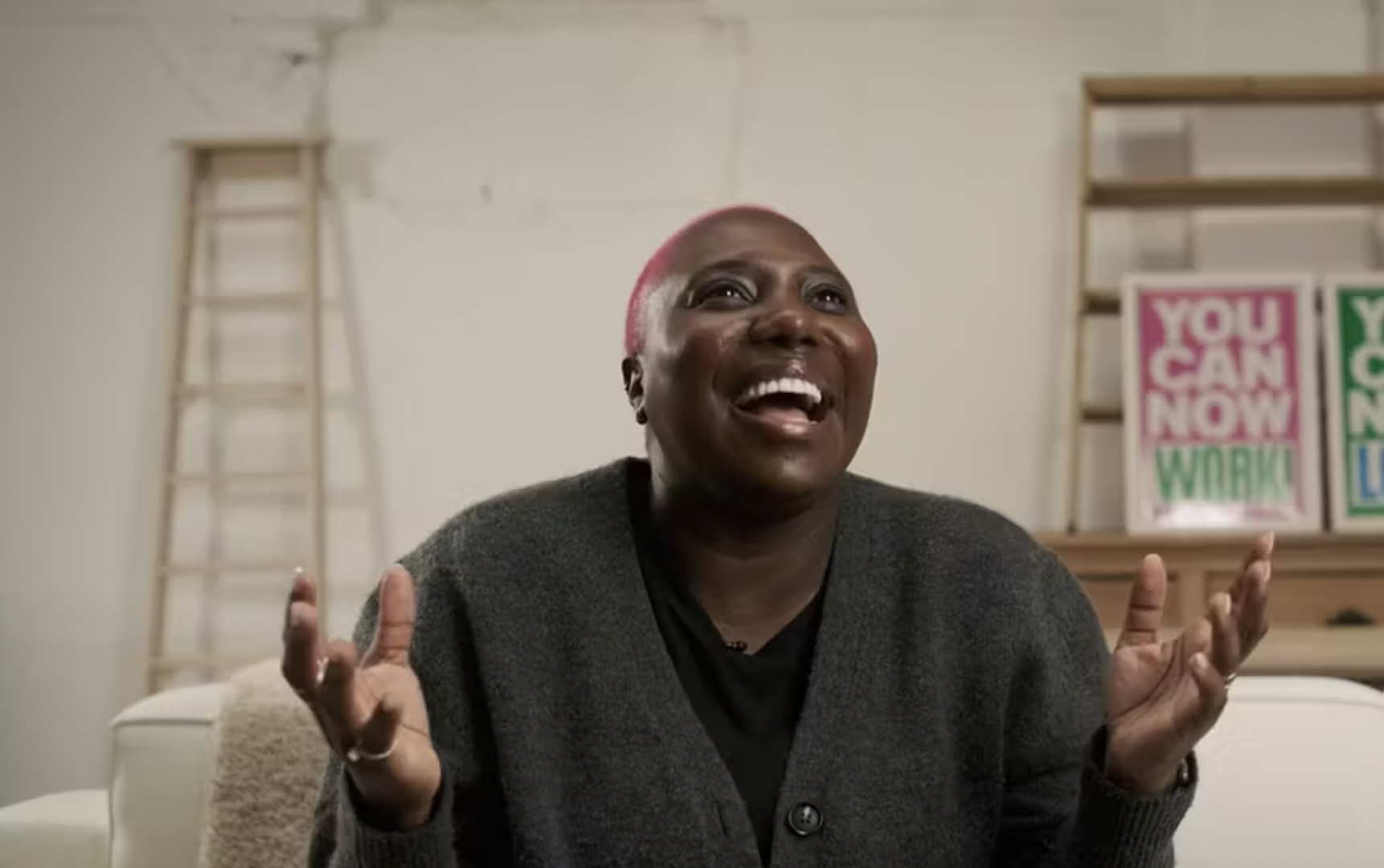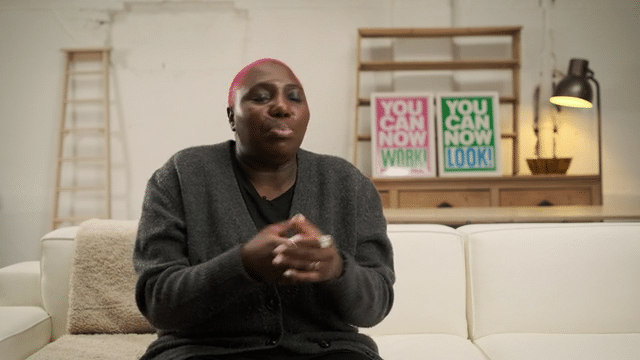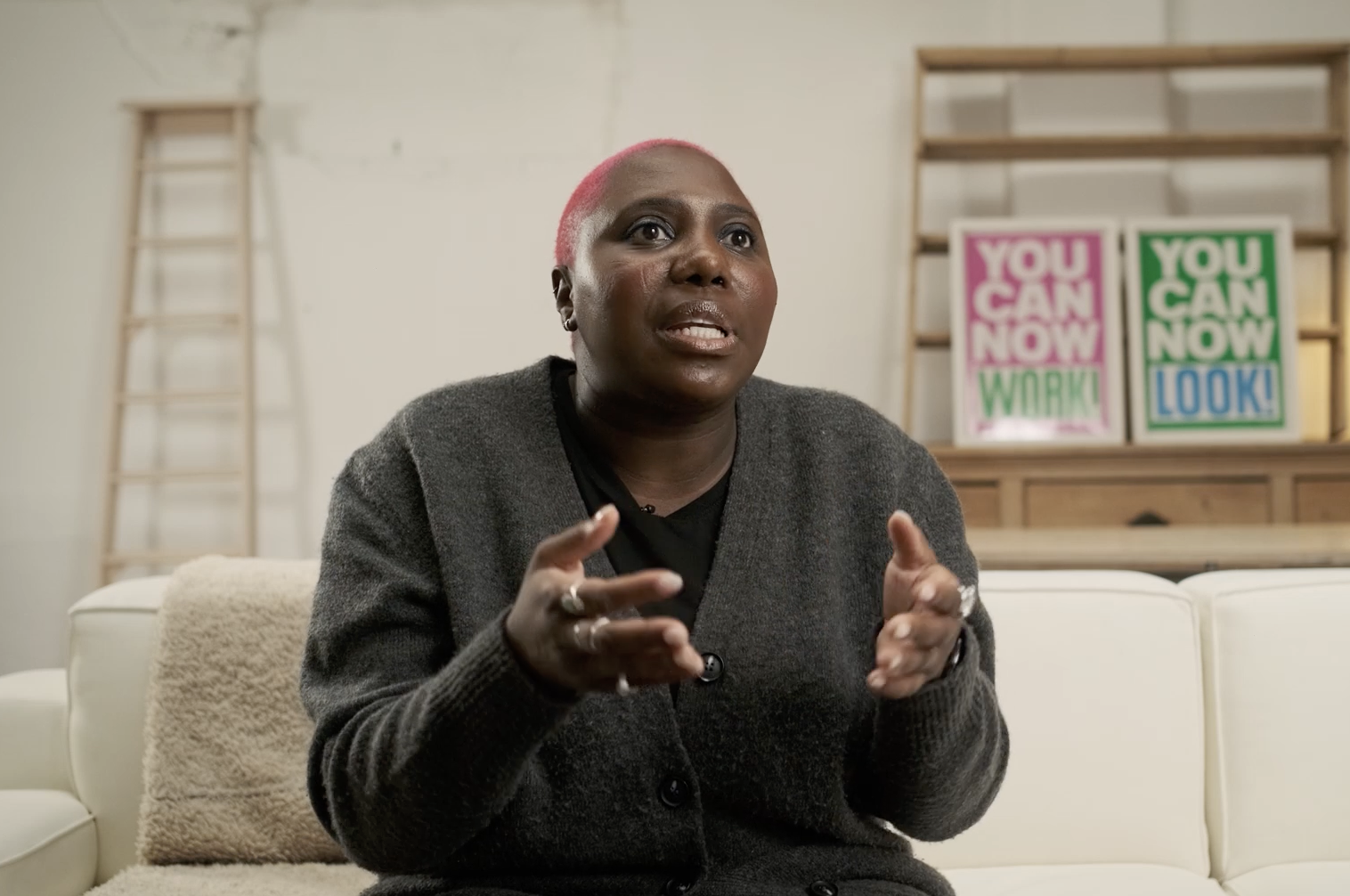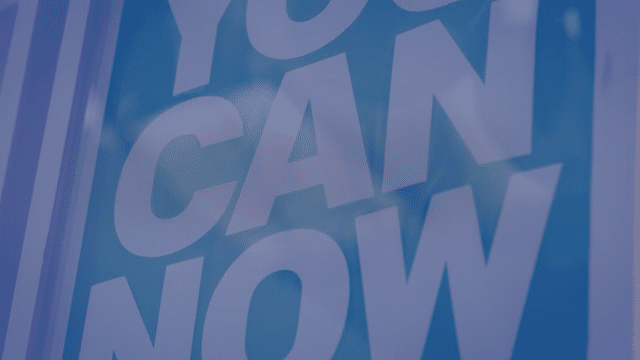Intentional Interruption: Calling Out vs. Calling In microaggressions

We're required to 'Call out' to let someone know that what they are saying or doing is unacceptable and has to stop. Doing so can feel hard and uncomfortable, but when done a pause button is pressed and potentially damaging momentum stopped in its tracks. And when there is an opportunity for deeper exploration around what's being said or done we can 'Call in' — creating meaning and aiming for mutual understanding within a context of difference.
It can be powerful for colleagues experiencing micro-aggressions or oppressive and unacceptable behaviour to hear such words and interventions from peers and allies.
Calling out expressions
"Wow. Nope. Ouch. I need to stop you right there."
"That word/comment is really triggering and offensive. Be mindful and pick a different word."
"I need to push back against that. I disagree. I don’t see it that way."
"Okay, I am having a strong reaction to that and I need to let you know why."
"I don’t find that funny. Tell me why that’s funny to you."
"I wonder if you’ve considered the impact of your words."
"Hmmm.. maybe you want to think this one through a bit more and speak about it later."
"I need you to know how your comment just landed on me."
"Is sex/gender/gender identity/gender expression/race/class/ ethnicity/religion/ability/ immigration status/ body type/ marital status/ age/ pregnancy relevant to your point? How?"
"It sounded like you just said _______. Is that really what you meant?"
"I feel obligated as your peer/colleague/co-worker /friend/supervisor to tell you that your comment wasn’t okay."
"It sounds like you’re making some assumptions that we need to unpack a bit."
"You may or may not realise this, but you’re talking about me/my story/my identity markers."
"I need to leave the room if the conversation is going to continue down this road."
“No – can you stop saying that it’s offensive”
That behaviour does not align with our culture here. Those aren’t our values”
Calling in expressions
"I’m curious. What was your intention when you said that?"
"How might the impact of your words/actions differ from your intent?"
"What sort of impact do you think your decision/comment/action might have?"
"How might someone else see this differently? Is it possible that someone might misinterpret your words/actions?"
"How might your own comfort level, assumptions, expectations, prior experiences be influencing your beliefs, decisions, process?"
"How is ___ different from ____? What is the connection between ___ and ___?"
"What criteria are you using to measure/assess etc?"
"How did you decide, determine, conclude..."
"What would have to change in order for ____?"
"What do you assume to be true about ____?"
"Why is this the best way to proceed? What other approaches have you considered?"
"What is making you the most fearful, nervous, uncomfortable or worried?"
"Why do you think that is the case? Why do you believe that to be true?"
"Why do you think others have/haven’t moved in that direction?"
"How do you know it’s working?"
"Why did the result or response cause a problem for you?"
"What would other stakeholders say/think/feel?"
"In your opinion, what is the best case scenario?"
“I don’t think you realise how your words and actions might be construed. Can we talk about this together?”
Sources and further resources:
School Reform Initiative
Seed the Way
Loretta J. Ross. What if Instead of Calling People Out, We Called Them In?
Abi Adamson at The Diversity Partnership.
